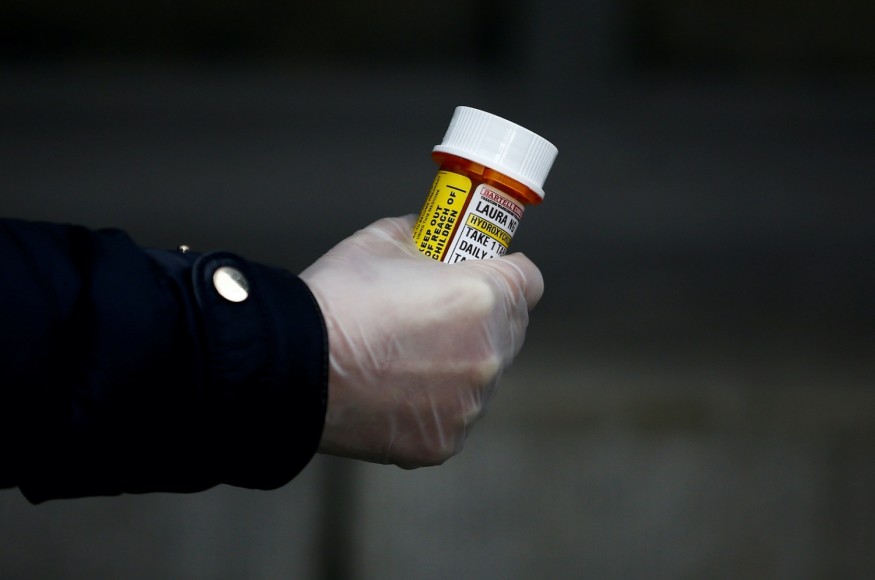
Early in April, A 65-year-old Queens resident, named Ligia, was given hydroxychloroquine, an antimalarial drug, by her general practitioner after she reported having a bad cough, fever, and shortness of breath. Her last name is being kept private by the request of her children.
Although her symptoms were apparent to be a coronavirus infection, her family members claim that she was never tested for the virus. The drug was given to her 'like a bag of cookies' after speaking to her doctor on the phone about her symptoms. They add that she was never checked in person, and was not screened before prescription of the drug, knowing it potentially caused harmful side effects.
Ligia took hold of her prescription on April 4, four days before the American Heart Association and American College of Cardiology released guidelines for doctors prescribing hydroxychloroquine and azithromycin. The AHA, in its supervision, urged doctors to prescribe with caution. In the guidelines, they have warned about the drugs potentially causing severe implications for people with existing cardiovascular disease, including increased risk of sudden death. The effect of the two drugs combined has not been studied, the AHA stated.
Ligia's brother-in-law, Lee Levitt, told NBC News that she had diabetes and high blood pressure, but had no known history of heart disease. After taking three doses of the drug combination, Ligia experienced a heart attack early on the morning of April 7. She died before paramedics could reach her. Her 40-year-old daughter tried to revive her as emergency medical technicians guided her over the phone, but was unsuccessful.
Levitt admitted that the family does not know that the drug caused Ligia's death. The family has not yet received a death certificate.
Hyped Drug, Hydroxychloroquine, Now Reaches its Downfall
President Trump's highly touted drug candidate for treating COVID-19 has led to a rise in demand even though approval from the Food and Drug Administration has not yet been granted at the time. Doctors also claim its effectiveness is inconclusive and that more trials need to be done before it can be concluded as a 'safe and effective' treatment for coronavirus.
Despite the lack of evidence, the FDA granted an emergency use approval late last month to distribute millions of doses of the drugs to hospitals across the country, to be used mainly in hospitalized patients.
The unnecessary shine around the untested drug combination raised alarms among U.S. cardiologists. Michael Ackerman of the Mayo Clinic warned that physicians might be prescribing the drugs without pre-screening the cardiac health of patients. According to Ackerman, Ligia's story proves that their concerns were real.
Faulty Medical Assessments
Ackerman claims they knew that there would be either unawareness of, disregard to, or disrespect for the drug-induced cardiac effects, given the redundant publicity the drug was getting. He said that even with well-intended efforts to treat COVID-19, the medicine could cause a patient's sudden death.
Coincidentally around the same time, one of Levitt's co-worker's daughter also tested positive for COVID-19. She was reportedly prescribed with the same drug combination despite having a history of heart problems.
Lynn Donawald claims that her 32-year-old daughter was given the same prescription by a telemed doctor whom she's never seen before. She claims the doctor also failed to ask questions about her underlying health conditions. Her daughter had recently been diagnosed with myocarditis, an inflammation of the heart muscle.
Upon knowledge of the same drug prescription, Levitt immediately warned Donawald to stop her daughter from taking the drug, knowing she had cardiac complications. Levitt said he believed it was important for families to speak out publicly about the dangers associated with taking the medication.
"If nobody is willing to stand up and say 'This drug killed my loved one,' then others will assuredly die as Ligia did," Levitt said.
© 2026 ScienceTimes.com All rights reserved. Do not reproduce without permission. The window to the world of Science Times.












